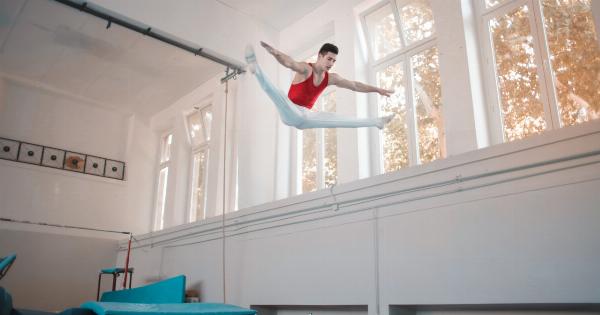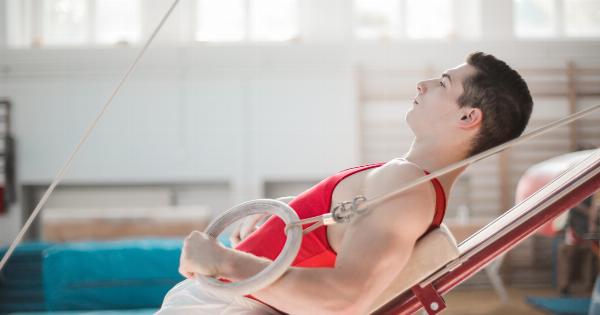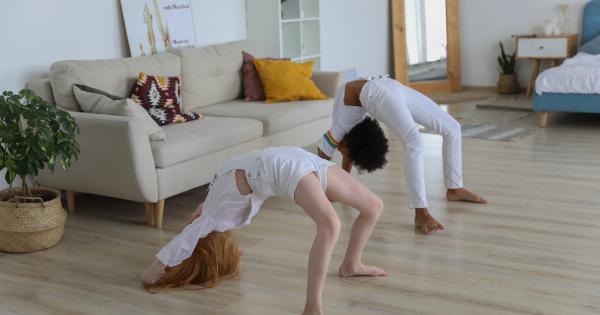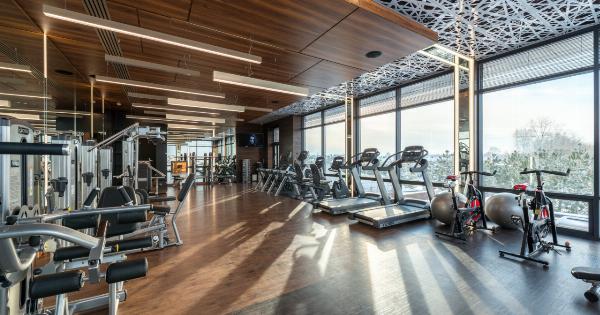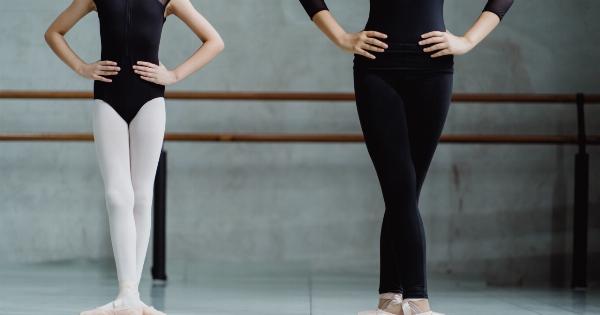Gymnastics is a highly demanding sport that requires strength, flexibility, agility, and coordination. To succeed in this sport, gymnasts need to train regularly and efficiently.
While the training program, intensity, and schedule are crucial for improvement, the timing of training sessions can also significantly impact performance and results. In this article, we will explore the best time for gymnastics training and discuss the benefits of training during different periods of the day.
Morning Training: Waking Up with Gymnastics
Many athletes and coaches advocate for morning training sessions. Training in the morning has several advantages that can benefit gymnasts:.
- Increased Focus: Starting the day with a gymnastics training session helps improve mental focus and concentration throughout the day.
- Enhanced Energy Levels: Morning training can boost energy levels, leading to a productive training session.
- Improved Metabolism: Exercising in the morning kickstarts metabolism, which can be advantageous for weight control and overall fitness.
- Consistent Schedule: Scheduling training sessions in the morning ensures fewer conflicts with school or work activities.
Afternoon Training: Energizing for the Gym
For some gymnasts, the afternoon is the preferred time for training. Here are some reasons why:.
- Warmed-Up and Loose: Afternoon training allows the body to wake up gradually and naturally, making muscles and joints more flexible.
- Fuel for Performance: By the afternoon, the body has consumed a few meals, providing the necessary energy for a high-intensity training session.
- Optimal Circadian Rhythm: Depending on an individual’s circadian rhythm, coordination and muscle strength may peak during the afternoon.
- Mental Preparation: Throughout the day, gymnasts have the opportunity to mentally prepare for the training session, visualizing their routines and goals.
Evening Training: The Late Warriors
While not as commonly preferred, training in the evening can have its unique advantages:.
- Relaxed State: After a day of activities, training in the evening can help gymnasts unwind and relieve stress.
- Optimal Body Temperature: In the evening, body temperature tends to be slightly higher, which can improve muscle flexibility and reduce the risk of injuries.
- Increased Endurance: The body is often more conditioned in the evening, allowing for longer and more challenging training sessions.
- Quality Sleep: Training in the evening can promote better sleep quality, as the physical activity releases endorphins and aids in relaxation.
The Importance of Personal Preference
While exploring the benefits of training at different times of the day is valuable, it is important to consider an individual’s personal preference and circadian rhythm.
Each person’s body functions differently, and some may perform better at a particular time compared to others.
Gymnasts should experiment with training at different times and carefully observe their performance and how their body responds.
This self-awareness will help them determine their optimal training time and make necessary adjustments to their training schedule.
Factors to Consider
When deciding the best time for gymnastics training, several factors should be taken into account:.
- School or Work Schedule: Gymnasts must strike a balance between training and their other commitments, ensuring that training doesn’t interfere with academic or professional responsibilities.
- Nutrition and Meal Timing: Eating well and at the right times is crucial for gymnastics performance. Consider the timing of meals and make sure to fuel the body adequately for training.
- Recovery and Rest: It’s important to include ample rest and recovery time between training sessions to avoid overexertion and promote muscle repair.
- Competition Schedule: If possible, align training time with the time of day when competitions usually take place. This can help gymnasts adjust to competition conditions more effectively.
Conclusion
There isn’t a definitive answer to the question of the best time for gymnastics training, as it varies for each individual.
However, understanding the benefits of training during different periods of the day can assist gymnasts in optimizing their performance. Whether training in the morning, afternoon, or evening, consistency, passion, and dedication are key to achieving success in gymnastics.





